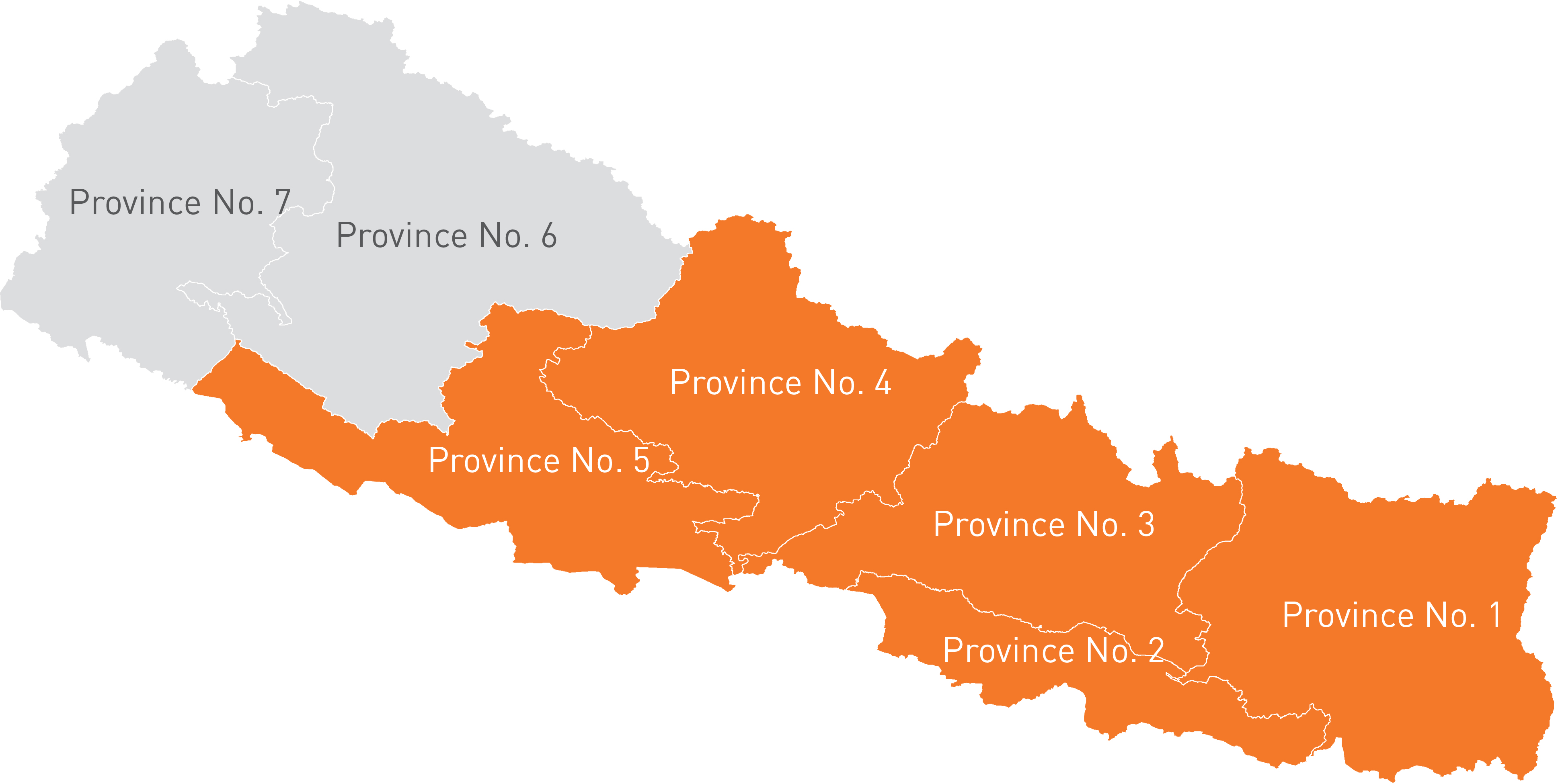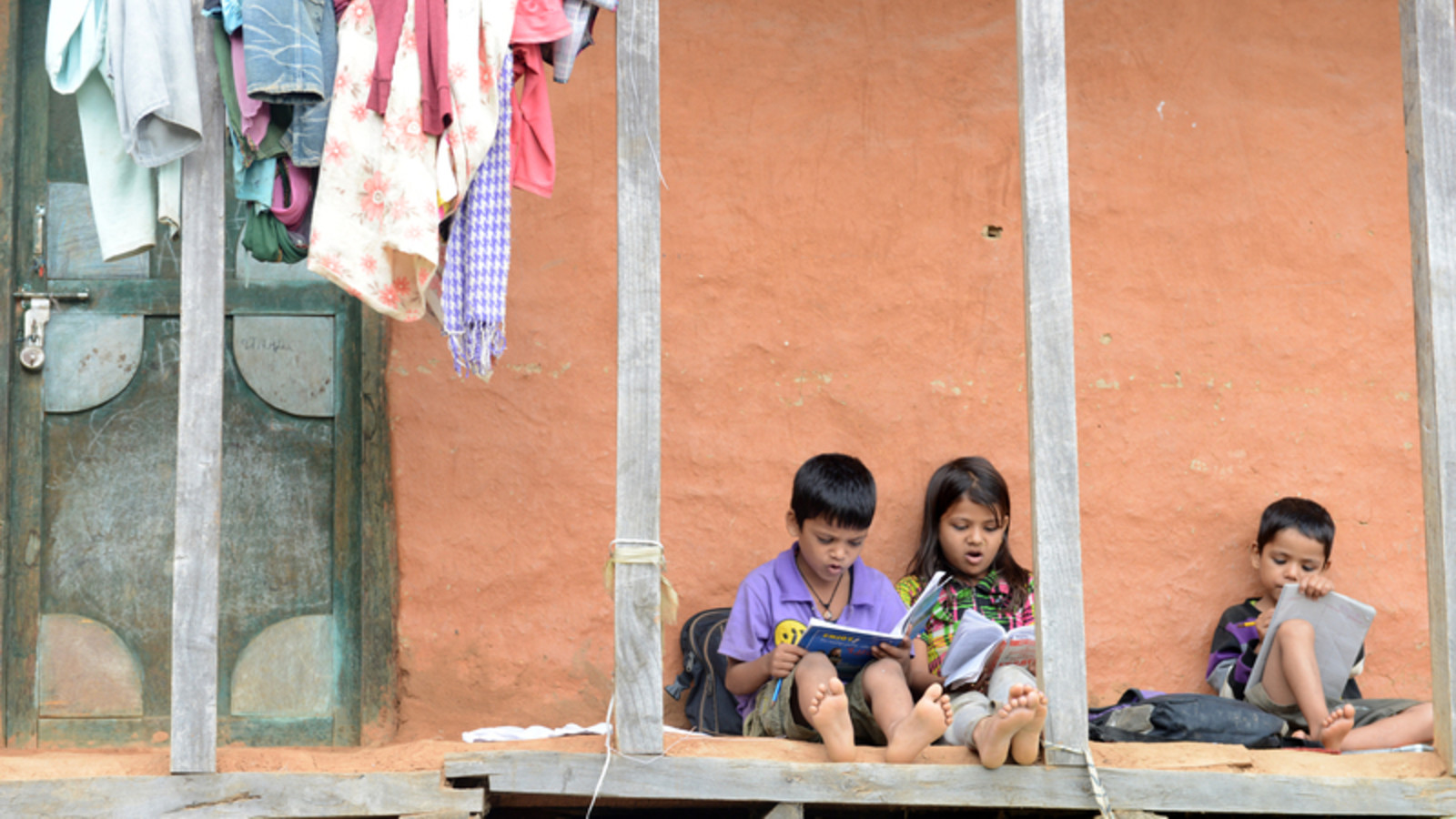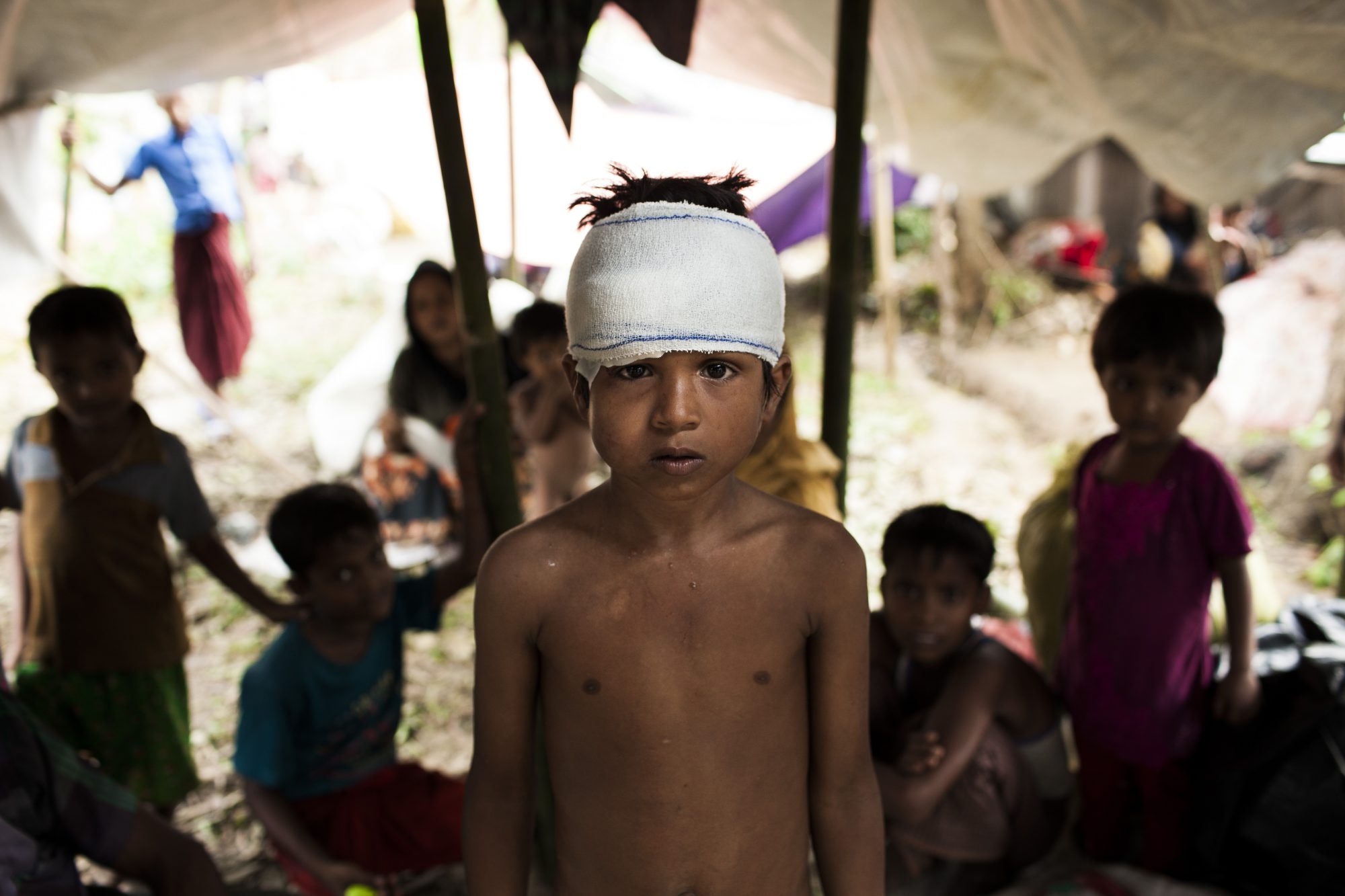ECW in Nepal
During the 2017 monsoon, Nepal experienced sustained, heavy rain that caused widespread flooding and landslides, resulting in catastrophic damage to communities and infrastructure, including schools. Hundreds of schools were damaged or destroyed, disrupting the education of hundreds of thousands of students. In response to the crisis, Education Cannot Wait (ECW) supported grantees through a First Emergency Response (FER) that funded the rehabilitation of schools; provided resources and trained educators to meet the psychosocial needs of students; and built gender-segregated and disability-inclusive water, sanitation and hygiene (WASH) stations. These activities concluded in 2019.

Investments
Financial Information
National Counterparts
Department of Education
Programme Info

The educational emergency that occurred in the aftermath of the monsoons left nearly 200,000 students out of the classroom. Hundreds of schools were closed or unable to function normally due to severely damaged or destroyed assets and buildings; missing teaching and learning materials: unsafe classrooms; and malfunctioning sanitation facilities and drinking water sources. Schools that escaped damage served as emergency shelters, addressing the need for security but delaying access to education.
In response to the dire needs of Nepali children and adolescents, ECW launched a First Emergency Response (FER) programme to ensure continued access to learning despite the crisis. Grantees worked to establish an improved, more resilient educational infrastructure. ECW funding supported gender-segregated and disability-friendly water, sanitation and hygiene (WASH) stations; conditional cash transfers to rehabilitate schools; the provision of educational resources; and training for teachers to better address emergency responses and the mental health of students.
All activities associated with this FER concluded in August 2019. ECW has no active programmes in Nepal.
Programme Components
- Developing a gender-sensitive and inclusive WASH infrastructure model. Grantees rehabilitated and improved WASH facilities to make them gender-friendly, and disability-friendly by including sanitary pad disposal pits behind constructed toilets and ramps for wheelchair accessibility.
- Funding the rehabilitation of schools. Provided school management committees with conditional cash grants to clean and rehabilitate schools, including the reparation of classrooms, removal of debris, maintenance of doors, windows, and roofs, and installation of new water pumps.
- Providing educational resources. Assisted in creating an enabling learning environment by supporting the distribution of school supplies, sports materials and textbooks for students.
- Strengthening students’ resilience in emergency preparedness and response. ECW partners trained teachers to better instruct students on emergency responses and on how to prepare them to cope with post-traumatic stress after a disaster.
For more information on ECW's work in Nepal, please contact Jihane Latrous (jlatrous@unicef.org).




